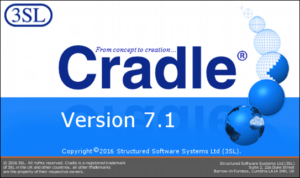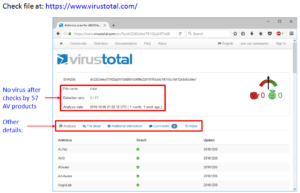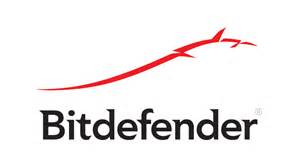False positives were recently reported by the Symantec and Trend Micro Office Scan Anti-Virus (AV) products. In both cases, they falsely reported a problem with the c_image.exe executable (which simply displays images, such as the Cradle splash screen).
We have arrangements with these and other AV vendors to pre-qualify Cradle executables before release. We do not know why these products have started to produce false positives for c_image.exe, since this executable has not changed and has previously been included in these products’ whitelists.
We have reported this problem to both vendors and can confirm that c_image.exe is in the whitelists of these products as of 11.1.17.
We apologise for any inconvenience caused.





